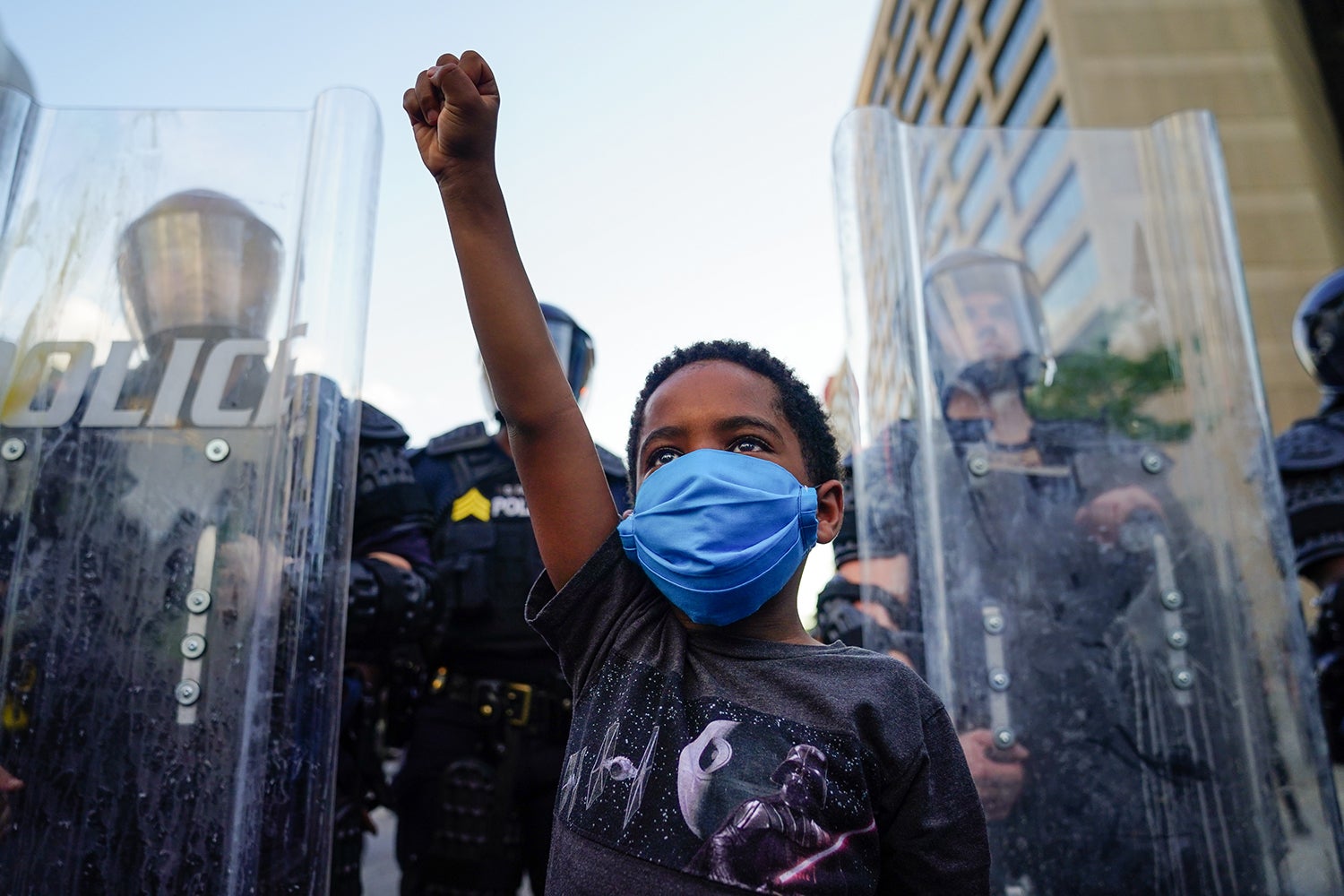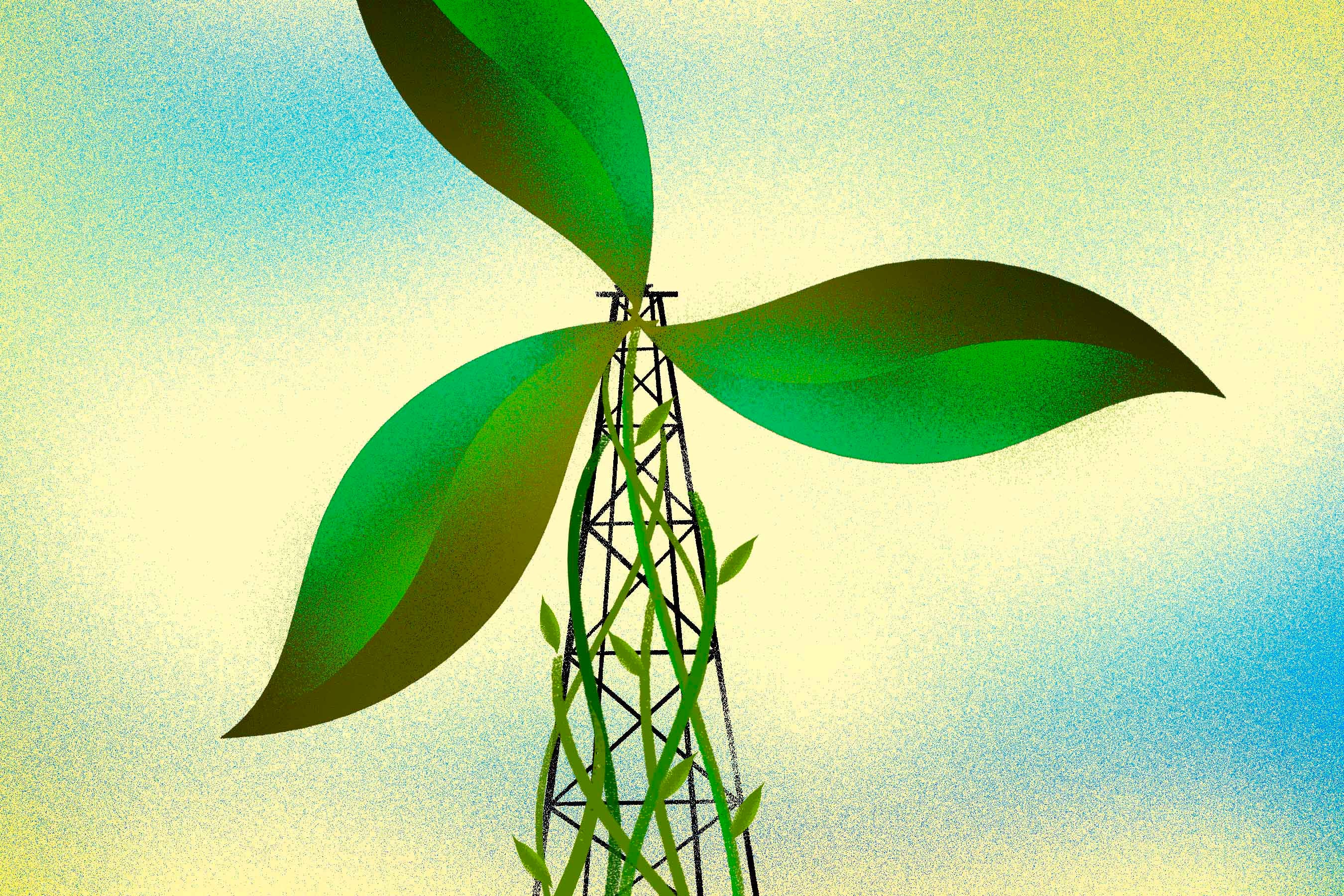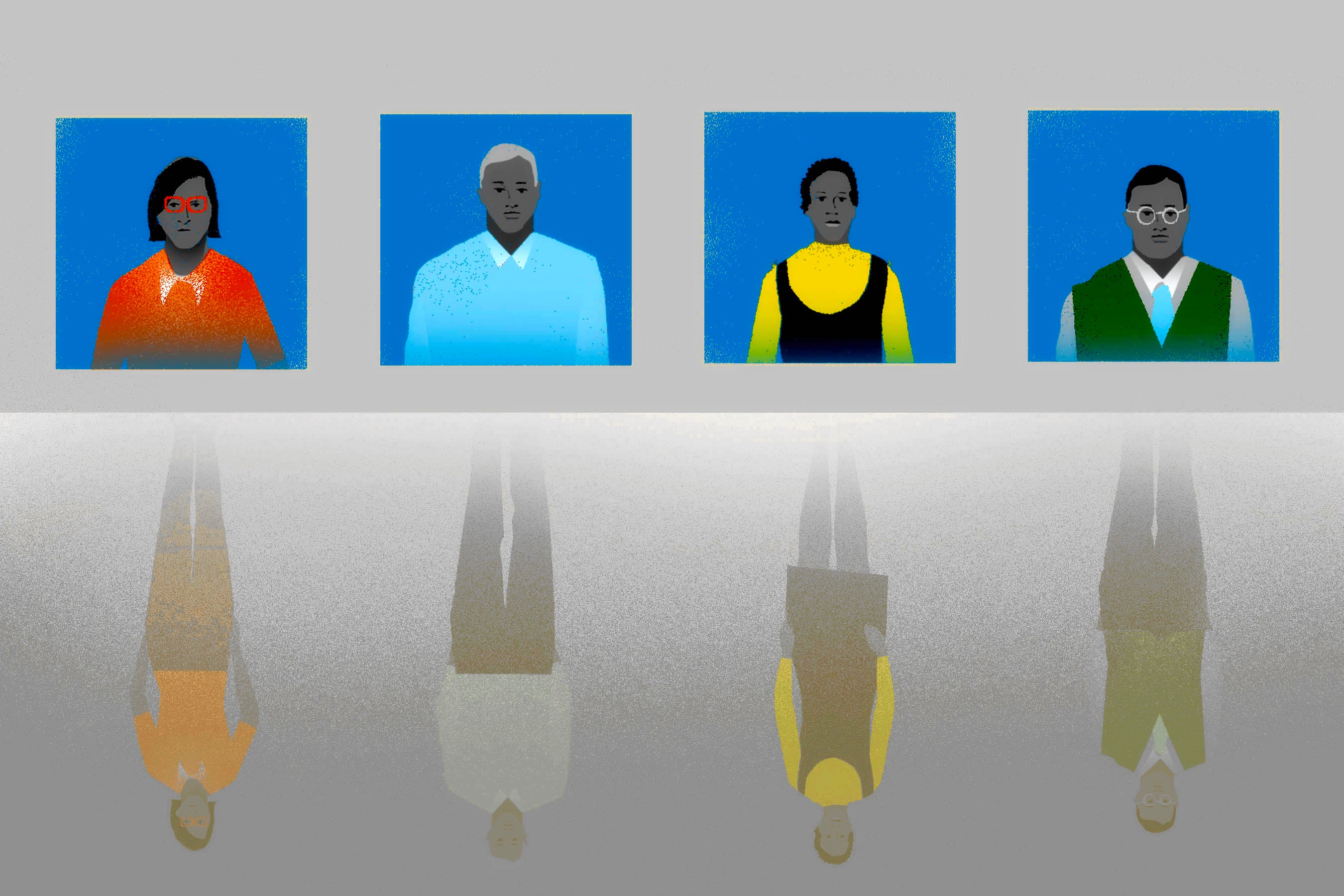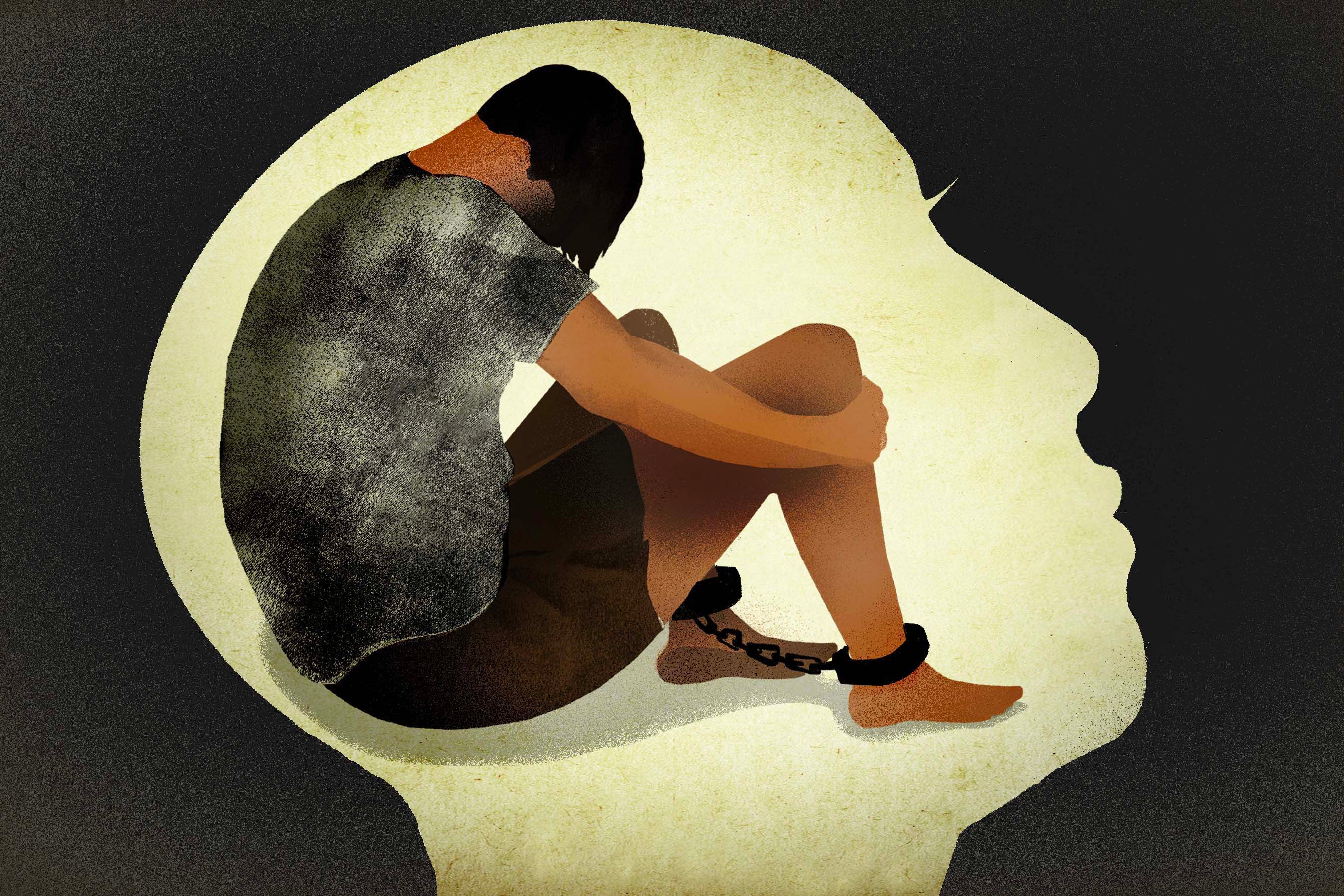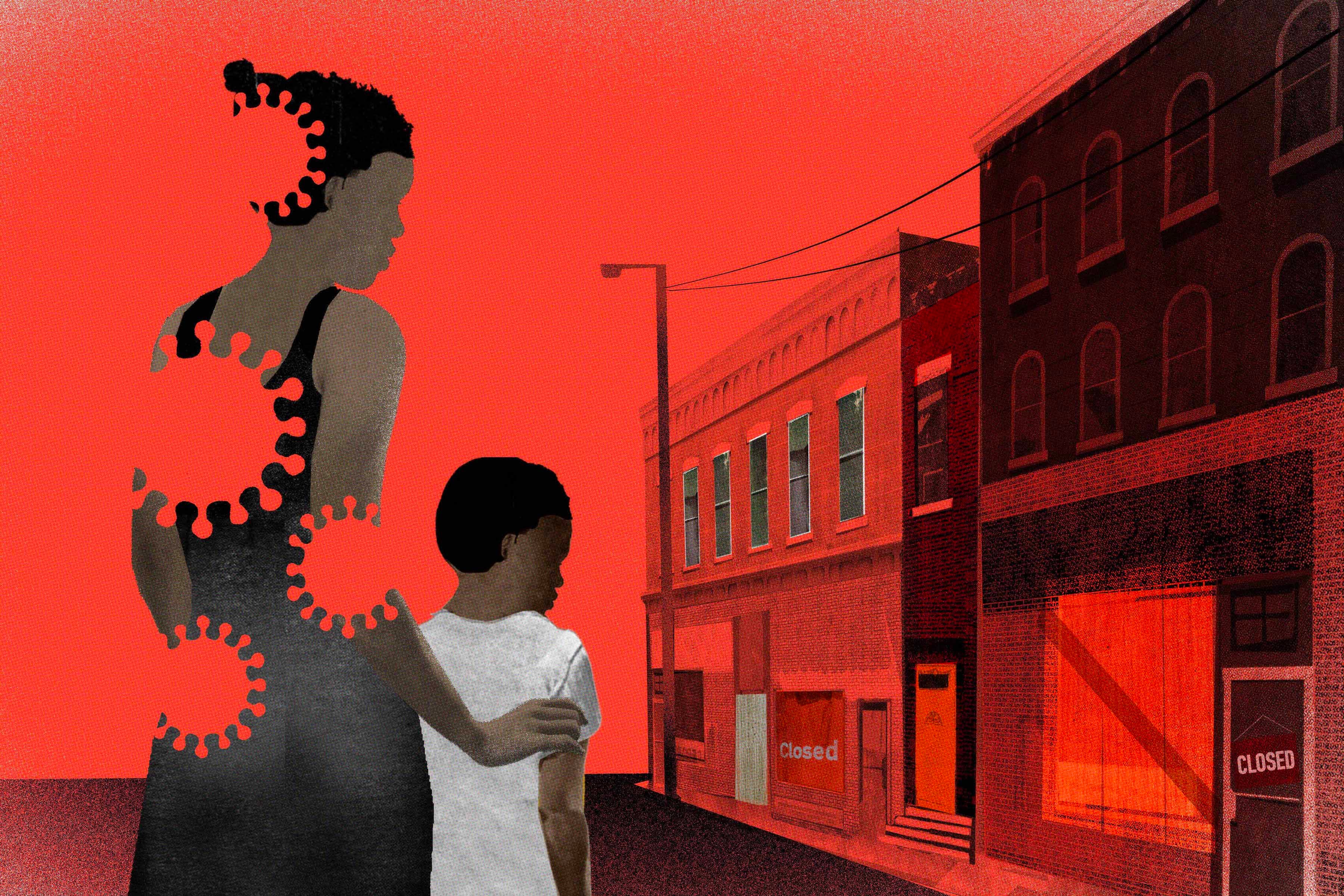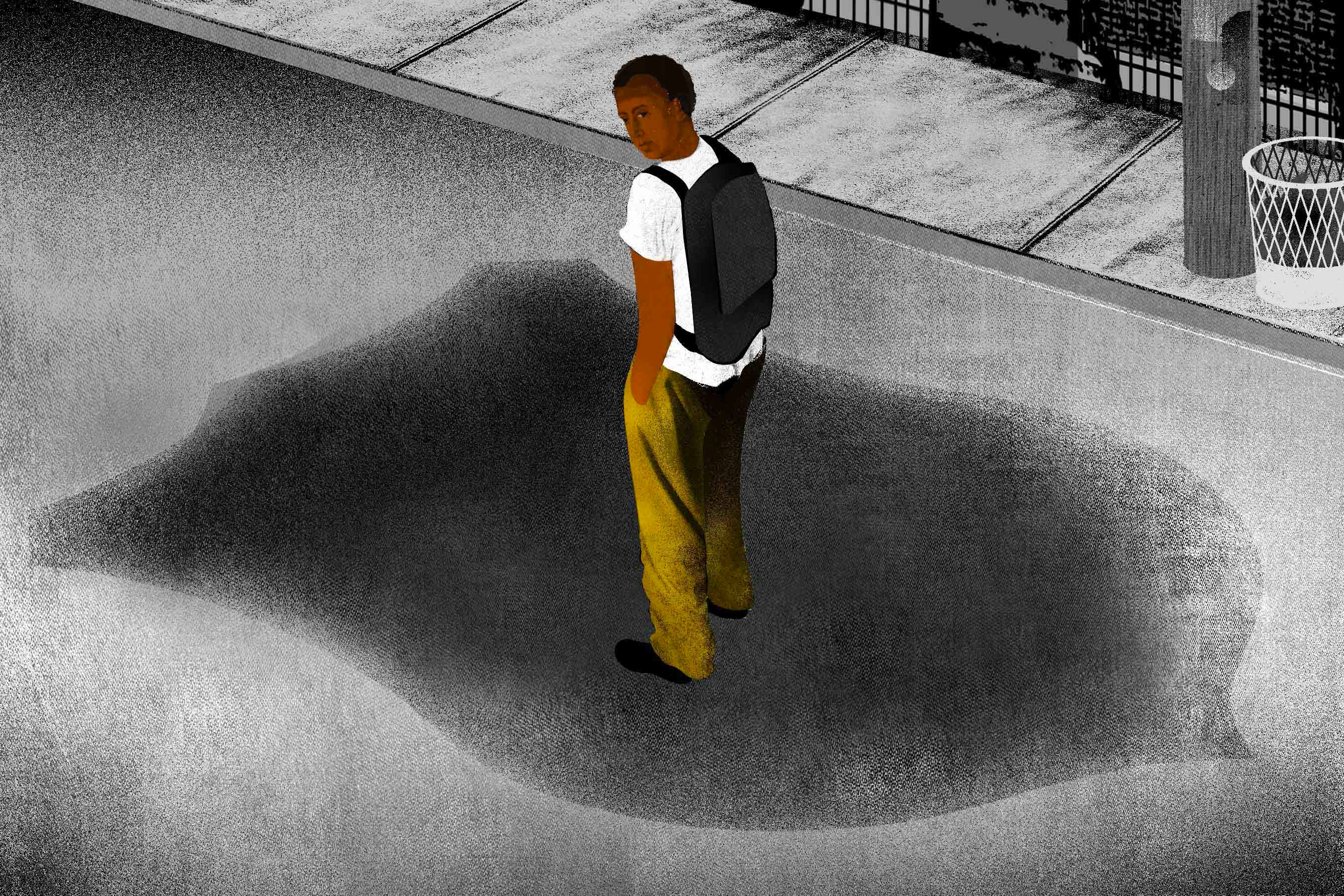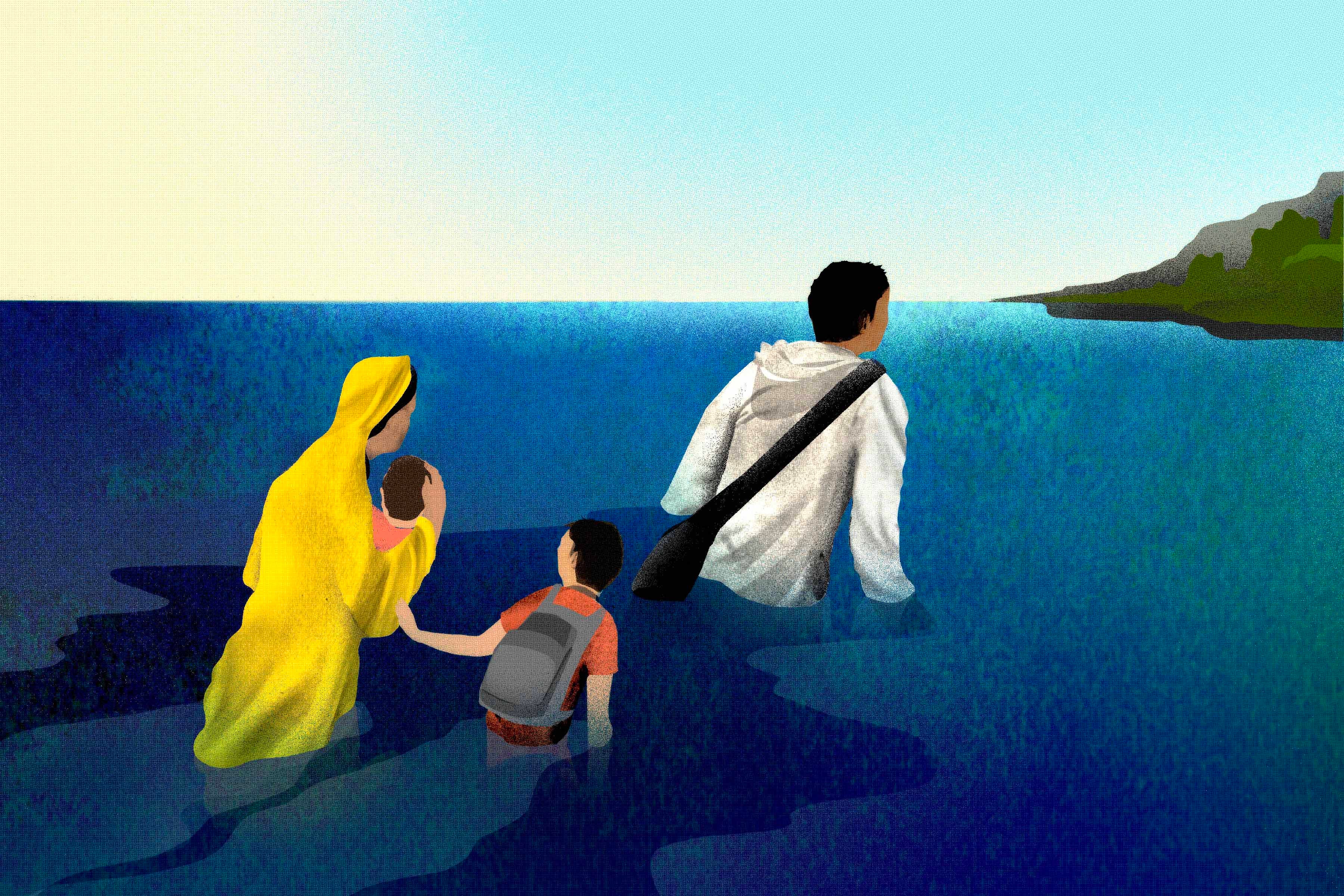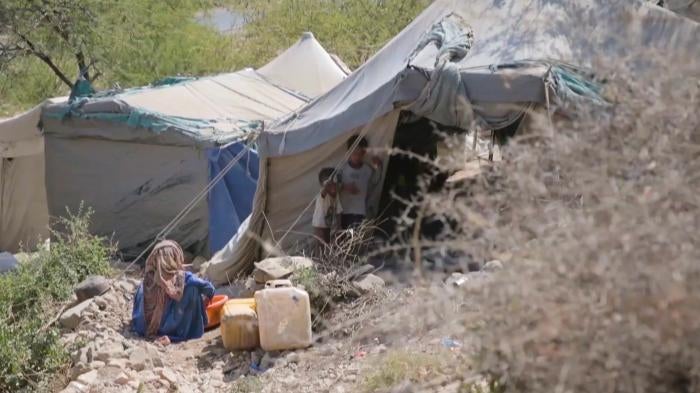Six years into an armed conflict that has killed and injured over 18,400 civilians, Yemen remains the largest humanitarian crisis in the world. Yemen is experiencing the world’s worst food security crisis with 20.1 million people—nearly two-thirds of the population—requiring food assistance at the beginning of 2020.
Since March 2015, Saudi Arabia and the United Arab Emirates (UAE) have led a military coalition against Houthi-led forces that took over Yemen’s capital, Sanaa, in September 2014. In 2020, fighting in northern Yemen increased sharply when the Houthis seized new areas held by the internationally recognized Yemeni government and advanced toward Marib governorate, where thousands of Yemenis were internally displaced and faced dire humanitarian conditions and increased risk of Covid-19.
In southern Yemen, the UAE continued its air operations and support for local Yemeni forces on the ground despite withdrawing most of its ground troops in mid-2019. The UAE-backed Southern Transitional Council (STC) continued to challenge the recognized Yemeni government in the south.
The protracted conflict has had a devastating impact on civilians across the country. Civilians suffer from destroyed critical infrastructure, lack of fuel, lack of basic services, abusive local security forces, a weak state, and fragmented governance. Unprecedented heavy rainfall in many parts of Yemen in 2020 killed scores of people and left others displaced. The floods destroyed and damaged houses and infrastructure, including buildings in Sanaa’s old city, a UNESCO world heritage site.
Yemen’s economy has been ravaged by years of conflict. Millions of people in Yemen have lost their income due to business closures and some working in the public sector have not received their full salaries regularly, leading to increased poverty. Millions of civilians in Yemen depend on humanitarian aid.
Houthi authorities did not allow United Nations experts to secure the Safer Oil Tanker off the coast of Hodeida, leaving Yemen at risk of environmental disaster if the ship’s 1.1 million barrels of oil leak into the Red Sea.
Covid-19
The country’s first confirmed case of coronavirus was recorded on April 10, and by late September, the UN reported 2,034 confirmed cases and 588 deaths; however, the country’s limited testing capacity means that the true number of cases is unknown. Houthi authorities in the north suppressed information about the spread and impact of Covid-19 in areas under their control.
In July, Human Rights Watch warned that detainees at the Bir Ahmed unofficial detention facility faced serious health risks from the rapidly spreading pandemic. In May, Human Rights Watch called for the protection of civilians in Marib as displaced people faced the double threat of renewed fighting and the uncontrolled spread of the virus.
Unlawful Attacks
All parties to the armed conflict in Yemen and have committed serious violations of the laws of war, many of which may amount to war crimes by responsible personnel. In 2020, Saudi-led coalition forces conducted airstrikes that indiscriminately killed and injured civilians. As of March, the Saudi-led coalition had conducted between 20,624 and 58,487 airstrikes since March 2015, according to the Yemen Data Project. Almost a third of all airstrikes carried out by the coalition hit civilian objects such as residential homes, hospitals, schools, weddings, farms, food stores, school buses, markets, mosques, bridges, civilian factories, detention centers, and water wells. The Saudi-led coalition and the Houthis have committed unlawful attacks against detention centers, killing and injuring detainees.
The Saudi-led coalition and Houthi forces continued to fire mortars, rockets, and other missiles indiscriminately into heavily populated areas including Marib, Taizz, and, Hodeidah. These weapons killed or wounded civilians and damaged critical infrastructure such schools and health facilities. In April, Houthi forces attacked the Taizz Central Prison complex, killing five female prisoners, two young girls, and a policewoman, and wounding nine others, according to Mwatana, a Yemeni human rights group. Houthi forces continued to fire ballistic missiles indiscriminately into Saudi Arabia.
Children and Armed Conflict
Roughly 80 percent of Yemen’s population required humanitarian aid, including over 12 million children. UNICEF warned that the number of children under the age of 5 who suffer from acute malnutrition could rise to 2.4 million in 2020. The International Committee of the Red Cross (ICRC) reported in October 2019 that 50 percent of Yemeni children are experiencing irreversible stunted growth. UNICEF warned in June that 7.8 million children had no access to education following Covid-19-related school closures and nearly 10 million did not have adequate access to water and sanitation.
The UN Group of Eminent International and Regional Experts on Yemen reported in 2020 that all warring parties have recruited children as soldiers. Some Yemeni boys were sent to Saudi Arabia for military training, then deployed back to Yemen to fight against Houthi forces. Houthi forces recruited children, including girls, at schools, and used boys for combat and girls “as spies, recruiters of other children, guards, medics and members of the Zainabiyat [female security forces].”
In June 2020, UN Secretary-General Antonio Guterres removed the Saudi-led coalition from his latest “list of shame” of parties responsible for grave violations against children during conflict, even though his report concluded that the coalition was responsible for 222 child casualties and four attacks on schools and hospitals in Yemen in 2019.
Landmines
Houthi forces used landmines, in particular anti-personnel landmines, in violation of international humanitarian law, causing civilian deaths and injuries. In 2019, landmines, improvised explosive devices (IEDs), and unexploded ordnance (UXO) have caused the deaths of 498 civilians, up 23 percent from 405 in 2018, according to the Civilian Impact Monitoring Project. The use of mines has exacerbated food insecurity and impeded aid workers from reaching vulnerable communities. The UN Group of Eminent International and Regional Experts on Yemen reported in September that Houthi forces have conducted indiscriminate attacks using anti-personnel landmines. The use of banned antipersonnel mines by any party in any circumstances violates the 1997 Mine Ban Treaty, to which Yemen is a party.
Arbitrary Detentions, Torture, and Enforced Disappearances
Houthi forces, the Yemeni government, the UAE, Saudi Arabia, and various UAE and Saudi-backed Yemeni armed groups have arbitrarily arrested, detained, abducted, or forcibly disappeared people, including children, and tortured or otherwise ill-treated detainees.
Human Rights Watch in March documented Saudi military forces and Saudi-backed Yemeni forces’ grave abuses against civilians in al-Mahra governorate, in eastern Yemen, including torture, forced disappearances and arbitrary detention. Across Yemen, arbitrary detention by parties to the conflict remains pervasive. In June, Mwatana reported hundreds of cases of forced disappearances as well as torture and deaths of detainees in secret prisons by Houthi forces, Yemeni government-backed forces, and UAE-backed forces.
The UN Group of Eminent Experts on Yemen found that “parties to the conflict are continuing to engage in arbitrary detention, torture, including sexual violence, and other forms of ill-treatment, and enforced disappearance in violation of international human rights law and international humanitarian law. Such acts may amount to war crimes.”
In September, the Yemeni government and the Houthis conducted a prisoner exchange of 1,083 prisoners brokered by the UN special envoy for Yemen, Martin Griffiths, and the ICRC.
Houthi forces continued to harass and prosecute dissidents, including academics, lawyers, students, religious minorities, and journalists. Houthi authorities prosecuted 35 parliamentarians in March, with Houthi-controlled courts sentencing them to death in absentia on charges of treason. Women human rights activists faced repression by parties to the conflict for their work on women’s rights.
Blocking and Impeding Humanitarian Access
Human Rights Watch documented in September that Houthi authorities, Yemeni government and affiliated forces, and the UAE-backed STC were severely restricting the delivery of desperately needed humanitarian aid. Millions have been suffering in Yemen because the Houthis and other Yemeni authorities have denied the UN and other aid agencies unhindered access to people in need. International and local aid groups have faced a wide range of obstacles imposed by parties to the conflict on the ground, severely restricting their work.
The Houthi authorities have imposed hundreds of regulations and lengthy delays in approving aid projects. They block aid assessments required to identify people’s needs, seek to control aid monitoring, and dictate or interfere with lists of aid recipients in order to divert aid to authority loyalists.
The coalition has forced the Sanaa International Airport to remain closed since August 2016.
Violence against Women
In 2020, the Yemeni government, the Houthi armed group, and the STC-affiliated Security Belt forces abused women and committed acts of gender-based violence, including sexual violence. The UN Group of Experts reported numerous allegations of rape by STC-affiliated forces in recent years, including the rape of an internally displaced woman in Aden in April. Violence against women increased during the Covid-19 crisis, according to UN Women in Yemen. Women migrants from Horn of Africa countries continue to face abuse, rape, and torture at the hands of smugglers and traffickers in Yemen while en route through the country to Saudi Arabia.
Women also continued to face severe discrimination in law and practice. They cannot marry without the permission of their male guardian and do not have equal rights to divorce, inheritance, or child custody. Lack of legal protection leaves them exposed to domestic and sexual violence. Child marriage also continued, and Yemen still has no minimum age of marriage.
Abuses against Migrants
The International Organization on Migration (IOM) reported that nearly 140,000 migrants entered Yemen in 2019. For those migrants stranded as a result of Covid-19, border closures, movement restrictions, and increasingly discriminatory attitudes in Yemen impacted migrants’ access to essential services such as food, water, shelter and health assistance. Additionally, migrants stranded in Yemen have faced increased detention and have been subjected to forced transfers across front lines.
Using Covid-19 as a pretext, Houthi forces in April forcibly expelled thousands of Ethiopian migrants from northern Yemen, killing dozens and forcing them to the Saudi border. Saudi forces fired on the fleeing migrants, killing dozens more, while hundreds of survivors escaped to a mountainous border area until Saudi officials allowed hundreds to enter the country. After the Houthis forcibly expelled the migrants from Saada governorate in northern Yemen, Human Rights Watch reviewed satellite imagery that showed widespread destruction of over 300 tents and houses consistent with witness accounts in the migrant settlement area of al-Ghar.
Key International Actors
Arms sales to Saudi Arabia, the UAE, and other coalition members continued from Western countries including the US, France, Canada, and others. In July, the UK announced that it would resume arms sales to Saudi Arabia despite documented evidence of continuing laws of war violations by the coalition. News reports revealed that US State Department officials have warned that US officials could face prosecution for war crimes over arms sales to Saudi Arabia and coalition partners. Houthi forces continued to receive support from Iran.
In October, the UN Human Rights Council renewed and strengthened the mandate of the Group of Eminent International and Regional Experts on Yemen. In their third report, the group of experts urged the international community to address the longstanding impunity for serious crimes in Yemen, including by recommending the creation of a “criminally focused investigation body” and calling on the UN Security Council to refer the situation to the International Criminal Court.
In June, 31 international donors pledged about US$1.35 billion in humanitarian aid for Yemen, far below the $2.4 billion the UN agencies required to keep all its programs running in the country. Lack of funding has led to the reduction or shutdown of more than one-third of the UN’s humanitarian programs in Yemen.
UN Special Envoy for Yemen Martin Griffiths has been leading negotiations between the Houthi armed group and the Yemeni government with little progress. The UN Security Council continued to impose a sanctions regime against just one side, the Houthis, even though the Saudi-led coalition has committed numerous violations of the laws of war.
